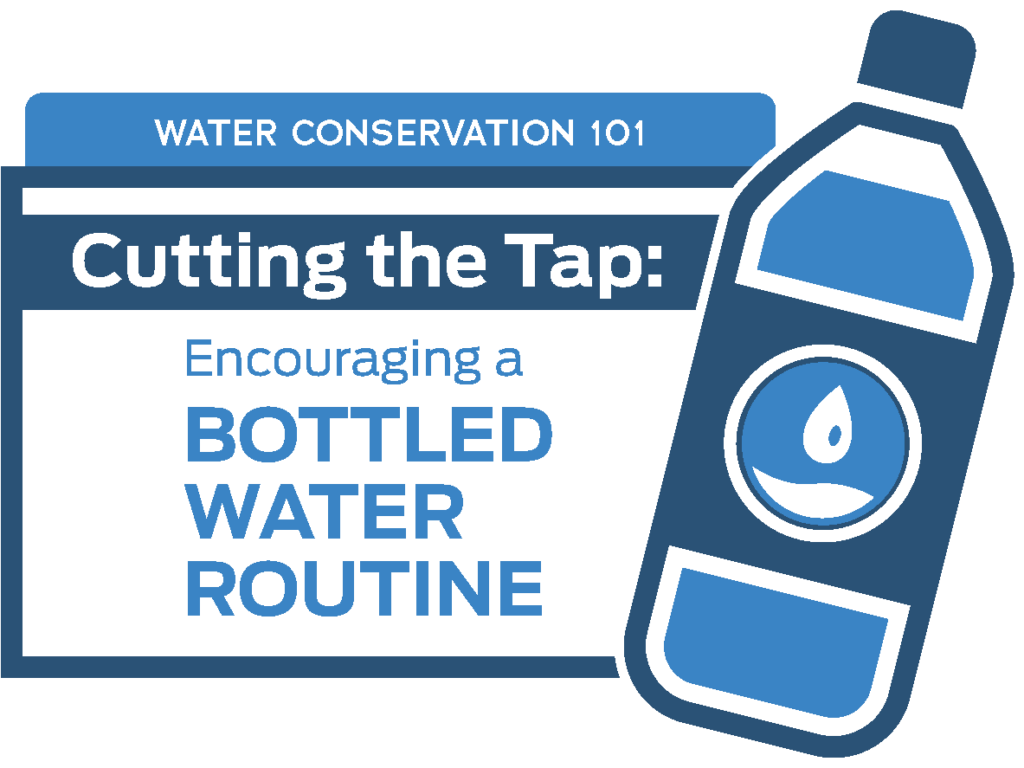 Osceola, Clarke County, and areas around the state of Iowa are grappling with the real and immediate impact of a drought crisis. As raw water sources like Osceola’s West Lake shrink and the region faces unprecedented water challenges, responsible water consumption becomes not just a choice but a necessity. While recent measures by Osceola water customers have shown significant signs of how the community can come together to answer the call for conservation; the Osceola Water Works Board along with City leadership would like to encourage customers to take conservation efforts to the next level with the adoption of a bottled water routine.
Osceola, Clarke County, and areas around the state of Iowa are grappling with the real and immediate impact of a drought crisis. As raw water sources like Osceola’s West Lake shrink and the region faces unprecedented water challenges, responsible water consumption becomes not just a choice but a necessity. While recent measures by Osceola water customers have shown significant signs of how the community can come together to answer the call for conservation; the Osceola Water Works Board along with City leadership would like to encourage customers to take conservation efforts to the next level with the adoption of a bottled water routine.
“ We want to encourage those who can to consider transitioning to bottled water for their drinking water needs. This isn’t an order or a mandate, it is simply a request to consider a change of routine.” said Ty Wheeler, Osceola City Administrator.
Where every drop of raw water counts, ensuring that citizens have access to a reliable source of hydration is a priority. In conversations with local stores, including Hy-Vee and Fareway, Clarke County Emergency Management’s Byron Jimmerson has forewarned the retailers of the impeding stock demand and stores have assured that bulk water and specials including gallon jugs are stocked and available. Walmart has already donated three pallets of water which has been stationed at the Clarke Food Pantry.
“Bottled water’s portability and quality standards make it an invaluable asset for municipalities looking to manage their water resources judiciously,” said Jimmerson. “It becomes not just a convenience but a strategic resource in our ongoing battle against our water scarcity.”
At the time of this article, water levels in Osceola’s West Lake measured approximately 1,065.6 feet above MSL. Normal pool elevations for West Lake are 1,072 MSL. That level hasn’t been seen for more than 24 months and without significant rain or water influx from another source, the drought will continue to cause issues both with raw water availability and treatment.
Water levels at West Lake, over the months of October and November, consistently dropped at a rate of about two inches per week. Fortunately, due to recent community water conservation efforts, at the December 1st reading, lake levels had not moved from the previous week’s reading.
“That’s encouraging,” said Brandon Patterson, Osceola Water Works Superintendent. “Every step, no matter how small, is a step toward the reduction of excessive water use. If we all take a bottled water initiative seriously, it’ll help stretch our efforts while we continue to look for other solutions.”
When lake levels reach less than 1,063 above MSL (approximately another two feet or 24-inches), City officials will begin initiating a bottled water distribution. When lake levels reach 1,060, City officials have said they will be forced to make an emergency proclamation requiring the use of bottled water resources for human consumption. State resources will be requested at that point to assist with the emergency order. The water board and officials are hoping that the recent lake level signs show that measure will be at least delayed for a few weeks, if not months.
General water consumption guidelines recommended by health authorities including the U.S. National Academies of Sciences suggest adults drink eight, 8-ounce glasses of water per day – equal to roughly a half-gallon. This doesn’t’ include water for cooking or water derived through other sources like fruits and vegetables, but according to Byron Jimmerson, each household should have an emergency water supply of that amount or more equal to three-days in reserve.
In addition to retail outlets, resources for bulk water are being made through the Clarke County Emergency Management Agency. When demand deems it necessary, stations for the acquisition of bottled water (bulk bottles, gallon jugs, etc.) will be made similarly to the drive-through flu shot or COVID testing exercises by Clarke County EMA.
If you have questions or need more information concerning bulk bottled water resources, please reach out to Byron Jimmerson from the Clarke County Emergency Management Agency at (641) 342-6654 or email: bjimmerson@clarkecountyiowa.org

